I missed class on Oct 5th in order to attend two conferences in Vancouver. While I regret missing any class, this was an important time to "fill my bucket" and connect with colleagues around issues that are important to my work. As an executive member of the BC Social Studies Teachers' Association, I also had a stake in how the conference turned out. I've included notes here to highlight the degree of interdisciplinarity that exists in the world of a secondary Social Studies teacher. Here are some of the interconnected parts that I can read from just these notes based on three workshops I attended:
- defining place -- application of "sense of place" and geographic themes
- organizational theory -- how schools build timetables to support inquiry models in education
- hisotry of particular places (as opposed to history that involves history). e.g. Barkerville
- the debate at historic sites about living history and how stories are told about places
- virtual archives and digital tools such as KMZ file/tours for accessing and interacting with history
- the notion of layered cultural landscapes (a term borrowed from anthropology)
- inclusion of arts-based inquiry in the study of history -- photography, paintings, dramatic re-enactment
- the relationship between historic sites and local First Nations
- making climate science accessible to teens
- taking political action on climate change -- student-led school strikes
- how political action can learn from social learning -- the organizational model used by climate strike organizers from schools across Vancouver
- the maker-space movement (building objects or assemblages for learning) and the sustainability tool box
- wild pedagogies -- ways of teaching that take cues from nature (biomimicry)
- use of portraiture as a research methodology
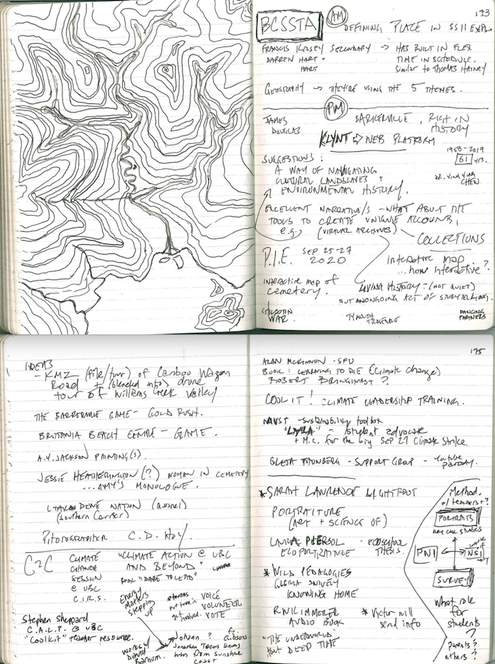
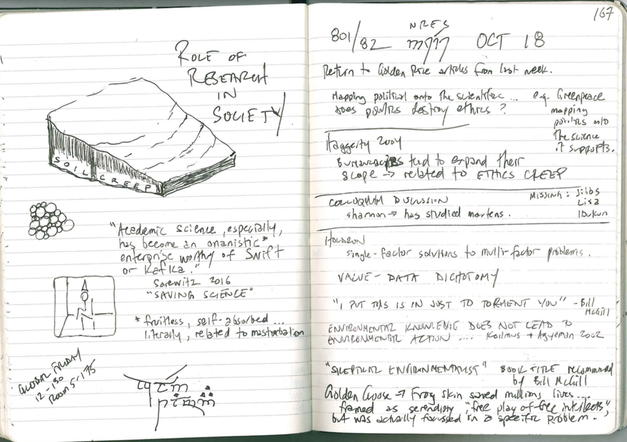
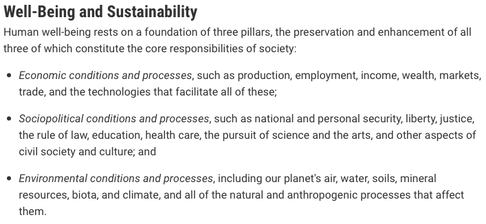
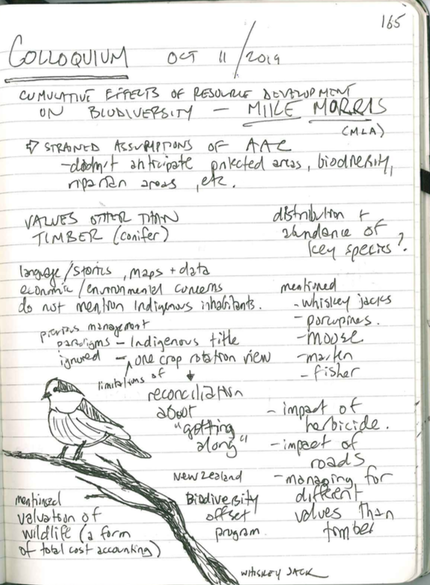
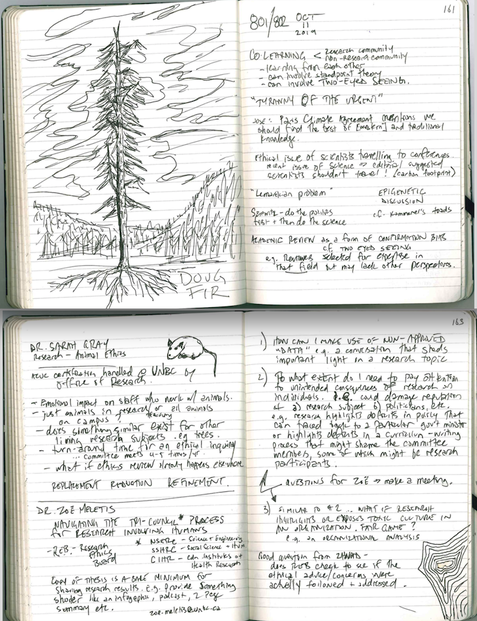
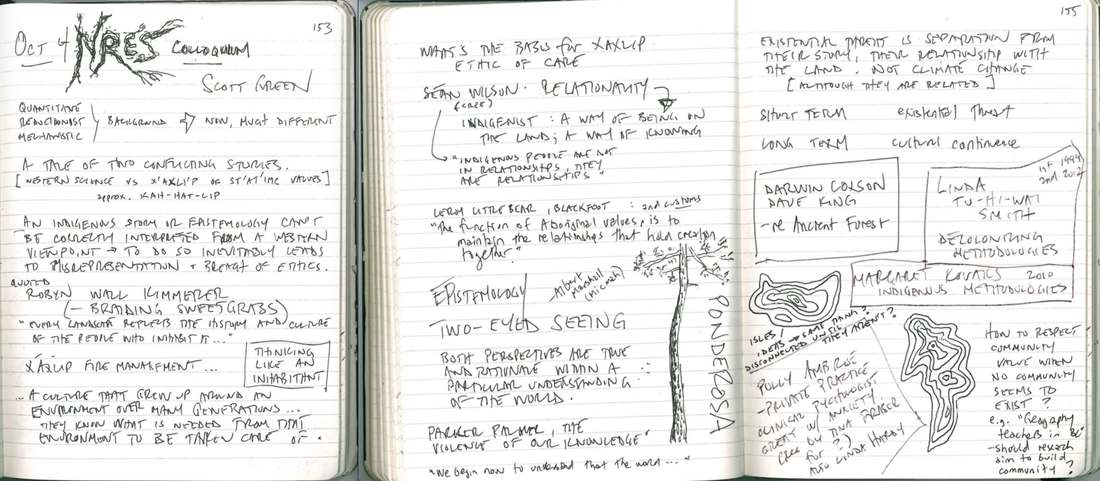
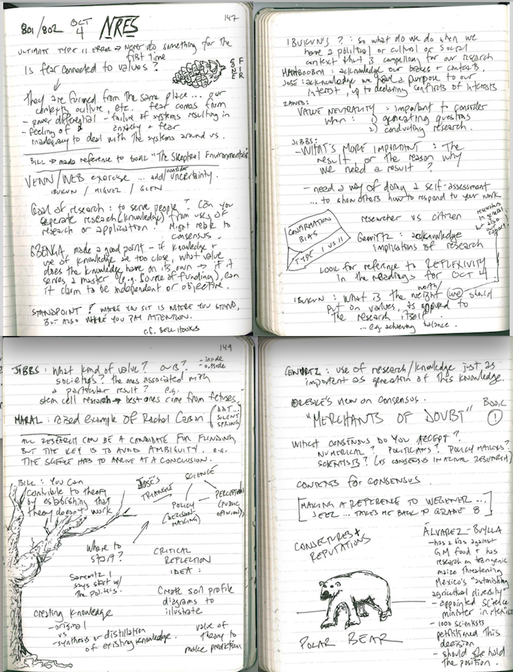
 RSS Feed
RSS Feed